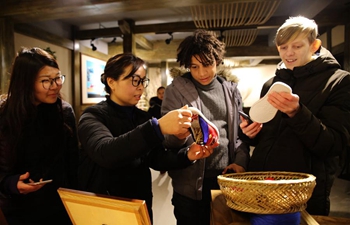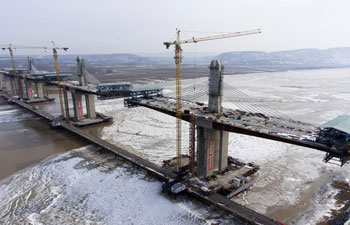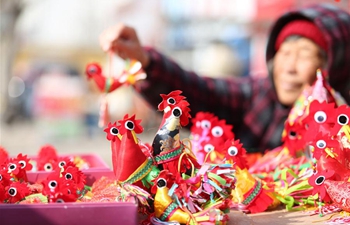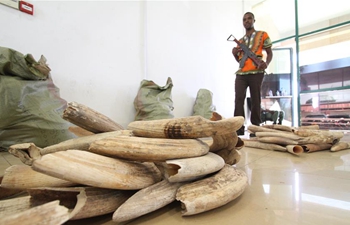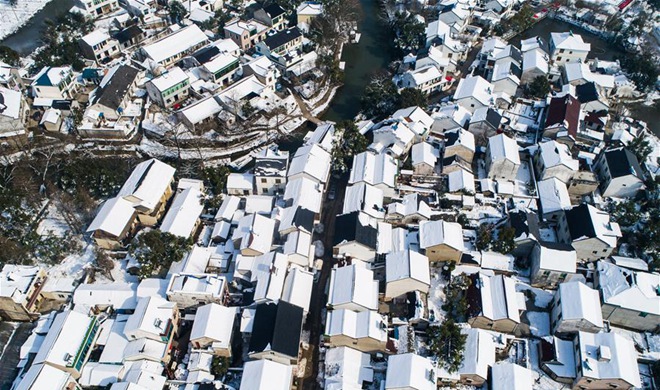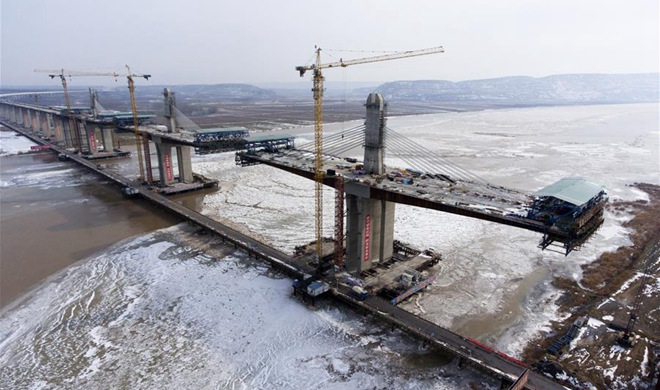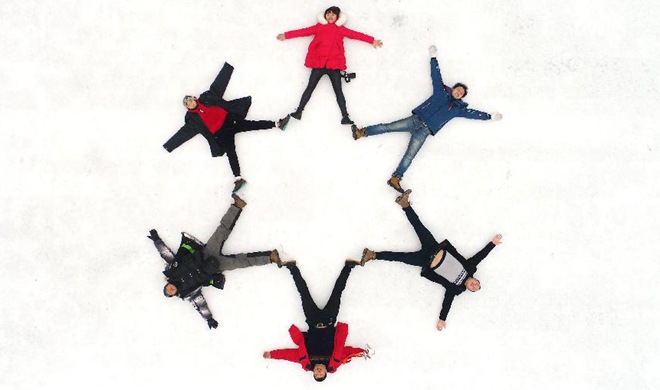CAPE TOWN, Jan. 30 (Xinhua) -- South African MPs warned on Tuesday that pointing fingers at each other would turn the worsening water crisis in the city of Cape Town into "a political point-scoring match".
The city deserves leadership and guidance during this time and all spheres of government must meet their specific responsibilities to ensure the continued availability of water, Parliament's Select Committee on Social Services said.
This came as Cape Town was about to run out of water due to the most severe drought that has gripped the city in history.
Administered by the opposition Democratic Alliance (DA), the city has announced April 12 this year as Day Zero when dams supplying water to Cape Town run dry, water taps are switched off and Capetonians have to collect water at designated points.
The DA is facing mounting criticism for its negligence of duty that has led to the deepening water crisis.
But the party said there is a misconception that it's the sole responsibility of the city to address the water crisis.
"It is the constitutional mandate of the national government to deliver water to all municipalities," DA leader Mmusi Maimane said last week.
The city has repeatedly urged President Jacob Zuma to declare the water crisis "a national disaster." But Zuma has not responded to the call.
Last week, Minister of Water and Sanitation Nomvula Mokonyane refuted criticism against the national government.
The minister said the DA was trying to absolve itself of its responsibilities in the management of the water crisis through an attempt to mischievously create scapegoats and shift the blame onto the national government.
The exchange of blames between the local and national governments has fueled panic among Capetonians.
This prompted MPs to intervene by calling for an end to finger pointing.
In a statement, Parliament's Select Committee on Social Services reiterated the need for collaboration between all three spheres of government to provide the requisite leadership and guidance in these times of uncertainty.
The committee stressed the importance of full cooperation between the national Departments of Cooperative Governance and Traditional Affairs, and Water and Sanitation; the Western Cape Department of Local Government, Environmental Affairs and Development Planning, together with the City of Cape Town, in finding solutions to this crisis.
The committee also called for changes in water-use behavior.
"The people of Cape Town must also chip in and assist by reducing consumption and adhering to restrictions," Committee Chairperson Cathy Dlamini said.
Residents currently are requested to use not more than 87 litres of water per person per day. But beginning from February 1, the allocation will be reduced to 50 litres.
The city has complained that about 60 percent of Capetonians have not responded to the call to save water.
As the second-most populous urban area in South Africa after Johannesburg, Cape Town is the capital of the Western Cape Province and the seat of South Africa's Parliament, with a population of about six million.




